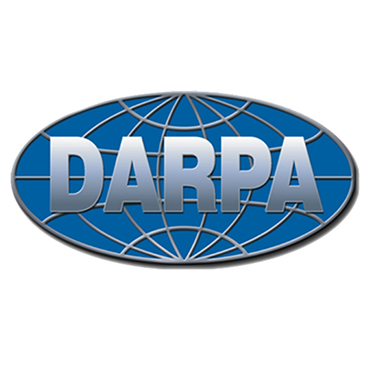Industry outreach, lukewarm storage and 'the ultimate autopilot'
News and notes from around the federal IT community.

DARPA seeks the ultimate autopilot
The Defense Advanced Research Projects Agency cut the first contracts with aerospace companies to develop the initial phase of a next-generation, ultimate autopilot system. The drop-in, removable systems could replace some of the aircrew on existing military and civilian aircraft or free them up from other flight duties.
DARPA said on March 10 that the prime contracts for its Aircrew Labor In-cockpit Automation System (ALIAS) went to Aurora Flight Sciences, Lockheed Martin and Sikorsky Aircraft. ALIAS capitalizes on advances in aircraft automation systems and remotely piloted aircraft technologies to help shift and refocus pilot workloads, augment mission performance and improve aircraft safety.
After the contract announcement, Sikorsky officials released a statement saying they had worked with the Army on a program that used technology similar to ALIAS. The company's Manned/Unmanned Resupply Aerial Lifter was installed aboard a Black Hawk helicopter last year to provide autonomous and remotely supervised control.
The contracts cover ALIAS' first phase, which focuses on developing interfaces between the system and aircraft, researching how to implement the ALIAS toolkit on different aircraft and developing a human/machine interface that would give crew members a high-level view of low-level flight maintenance tasks, freeing them from some tedious responsibilities.
DHS doubles down on industry outreach
The Department of Homeland Security's CIO and chief procurement officer are jointly broadening their outreach to the technology industry regarding the department's IT needs.
CIO Luke McCormack and Chief Procurement Officer Soraya Correa told the audience just before a CIO panel discussion at AFCEA's Homeland Security Conference on March 11 that they were united in an intensified effort to engage with the technology industry.
"We're side by side, and you'll see more of this," McCormack said.
Afterward, he told FCW that DHS has a series of interactive events in the planning stages. Although he did not provide details, he said the events would extend on the kind of outreach achieved through the department's industry day on Feb. 25.
Google unveils (barely) cold data storage
Google has launched a cloud-based storage capability for vital but infrequently accessed data. The company said its new Nearline Storage enables users to store massive amounts of data, up to hundreds of terabytes, with the same durability and availability as standard storage but with lower costs. Google said users would pay .01 cents per month per gigabyte.
The company said Nearline Storage is appropriate when slightly lower availability and slightly higher latency (typically just a few seconds) is an acceptable trade-off for reduced storage costs. The new service is applicable for "cold storage" of data that's needed for legal or regulatory reasons, and the company said it provides low-latency access to data that's stored for disaster recovery.
NEXT STORY: WhiteHouse.gov Finally Gets Boosted Encryption





